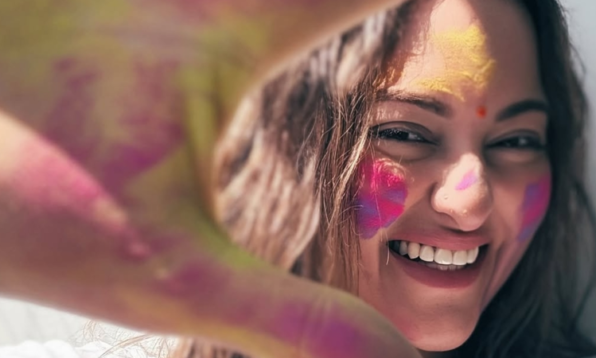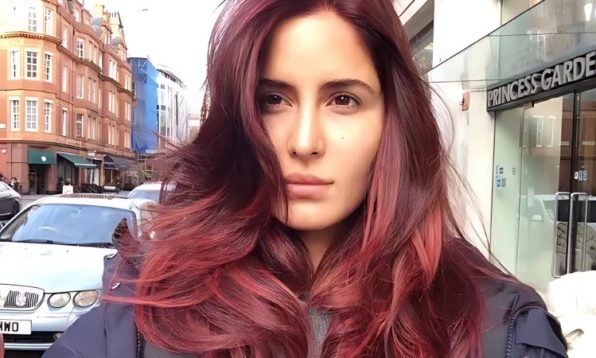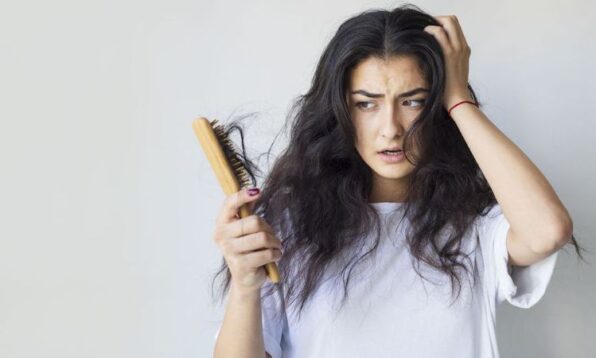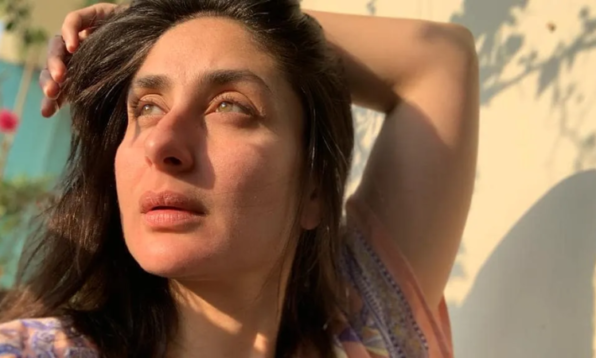Is there anything a good champi can’t fix? As Indians, oiling our hair before every wash is a mandatory part of the hair care regime, or that’s what we have been told since childhood. But does oiling actually help your hair? Well, it depends on your hair and scalp type. Oiling does not offer the same benefits to everyone, and in some cases, there may be disadvantages of oiling your hair.
Do you want to know if oiling is good for your hair and scalp type? We asked Dr Mohammed Thalha, a consultant dermatologist at Kaya Skin Clinic, and here’s what he had to say.
Related: Think You’re Oiling Your Hair Right? 9 Mistakes To Avoid If You Don’t Want To Go Bald At 30
There’s more to hair care than just oiling
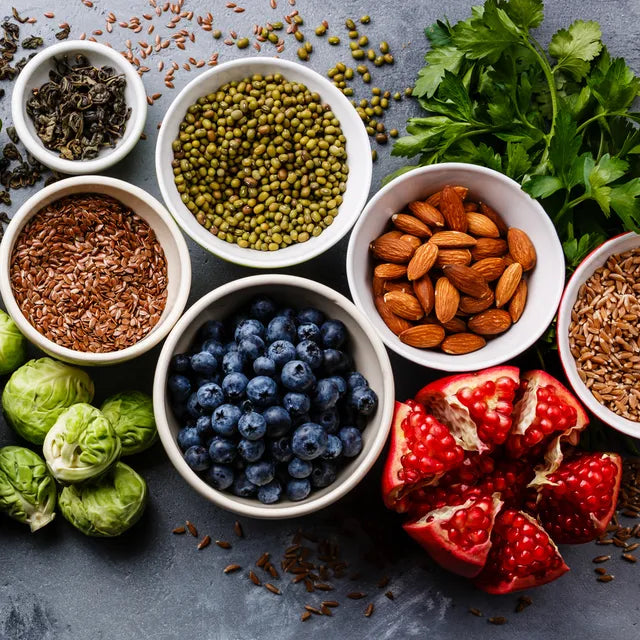
As much as a good hair oil can do wonders on your scalp, you can’t ignore other factors that contribute to the same. According to Dr Thalha, “Healthy hair requires a balanced diet rich in protein and vitamins to support growth and strength.” So, you must eat your greens, nuts and seeds to ensure a healthy scalp. Including berries and eggs in your diet will increase collagen production. Collagen is a type of protein that strengthens your hair follicles and prevents hair fall.
“Regular cleansing, conditioning, and gentle detangling help maintain scalp and hair health”, Dr Thalha said.
Healthy lifestyle = Healthy hair
You might be eating nutritious food, but are you moving your body too? In today’s era, where work-life balance is a myth, looking after your physical, mental and emotional well-being is all the more important. A balanced diet alone won’t suffice if you are constantly burned out and sleep-deprived. “Lifestyle factors such as stress management, regular exercise, and quality sleep also play a key role,” Dr. Thalha said. So, you must get proper sleep and work out regularly. This will help you deal with stress and prevent hair fall and premature greying.
Which hair types can use oil?
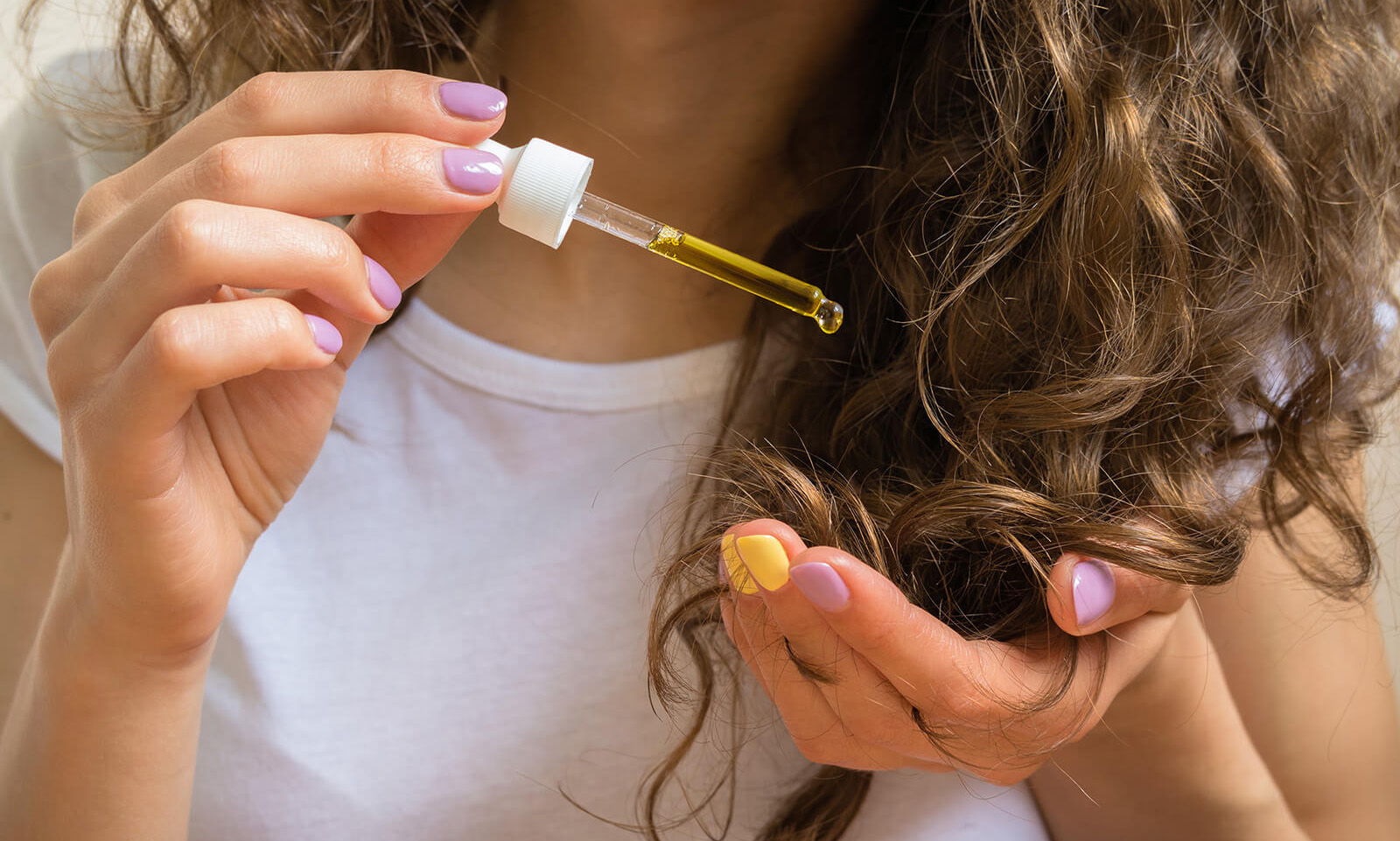
Pollution is rampant nowadays, damaging hair texture and growth. Oiling in such a climate can only worsen hair problems. “In hot and humid weather, excessive oiling can attract dirt and clog pores, leading to scalp issues. I usually advise my patients to avoid oiling their scalp, regardless of the weather,” Dr Thalha said. However, oiling can help certain hair types when used the right way.
How often should you oil your hair?
According to Dr Thalha, “For thick, dry and frizzy hair, oiling helps retain moisture, while for curly hair, it helps define curls and prevents breakage.” But you must know how and when to apply oil to get the right amount of nutrition. “If you have dry, frizzy, or curly hair, you can apply a small amount of oil to the ends of your hair 1–2 times a week and wash it off after 30 minutes,” said Dr Thalha. This is an essential tip to remember the next time you oil your hair.
Which hair types should not use hair oil?
Some people have oily hair due to an overproduction of sebum, a natural oil secreted by sebaceous glands present on the scalp. This is further influenced by improper diet, poor hair care routine, stress, genetics and hormonal fluctuation. On the other hand, lack of hydration leads to a combination of oily-dry scalp which is prone to dandruff. Dr Thalha suggests, “People prone to scalp folliculitis or dandruff should avoid oiling their hair.” Folliculitis happens when hair follicles inflame and appear as small, red, pus-filled bumps. Dandruff, on the other hand, is caused by Malassezia fungus which feeds on oil.
Tips for oily hair
People with oily hair must not apply oil as this can worsen the condition by clogging the pores, thereby blocking all the nutrition to the scalp. Skin conditions like folliculitis or dandruff can get aggravated due to excessive oiling, making your scalp more itchy and flaky. “If you have thin or straight hair, oil can make it look greasy and weigh it down,” said Dr Thalha.
Which hair oils are good to use?

Whether you have a sensitive scalp or not, the right hair oil is the key to getting the best results. Dr Thalha prefers “cold-pressed coconut oil because it has minimal potential to cause irritation or allergies.” However, “if you find coconut oil too sticky, other safe options include argan oil and jojoba oil.” But do you know the best way to apply these oils to get the maximum benefits? Dr Thalha suggests, “Apply it only to the mid-lengths and ends of your hair, and wash it off after 30 minutes.”
While these hair care tips are essential, the dermatologist recommended “limiting heat styling, harsh chemicals and excessive washing” to preserve moisture. “Genetics and hormonal balance also impact hair health, so addressing underlying issues if any, is essential for long-term care,” he added.
“It’s best to avoid oiling your hair if you have scalp issues, especially with thick, greasy oils. When choosing the right oil and shampoo for your scalp, consult a dermatologist who can provide personalised recommendations,” Dr Thalha suggested.
If you want to connect with dermatologist Dr Mohammed Thalha for more personalised skin and hair care advice, you can find them here.
Featured Image Source
Related: Washing Hair Without Shampoo: All You Need To Know About Co-Washing And Its Benefits

 Web Stories
Web Stories




